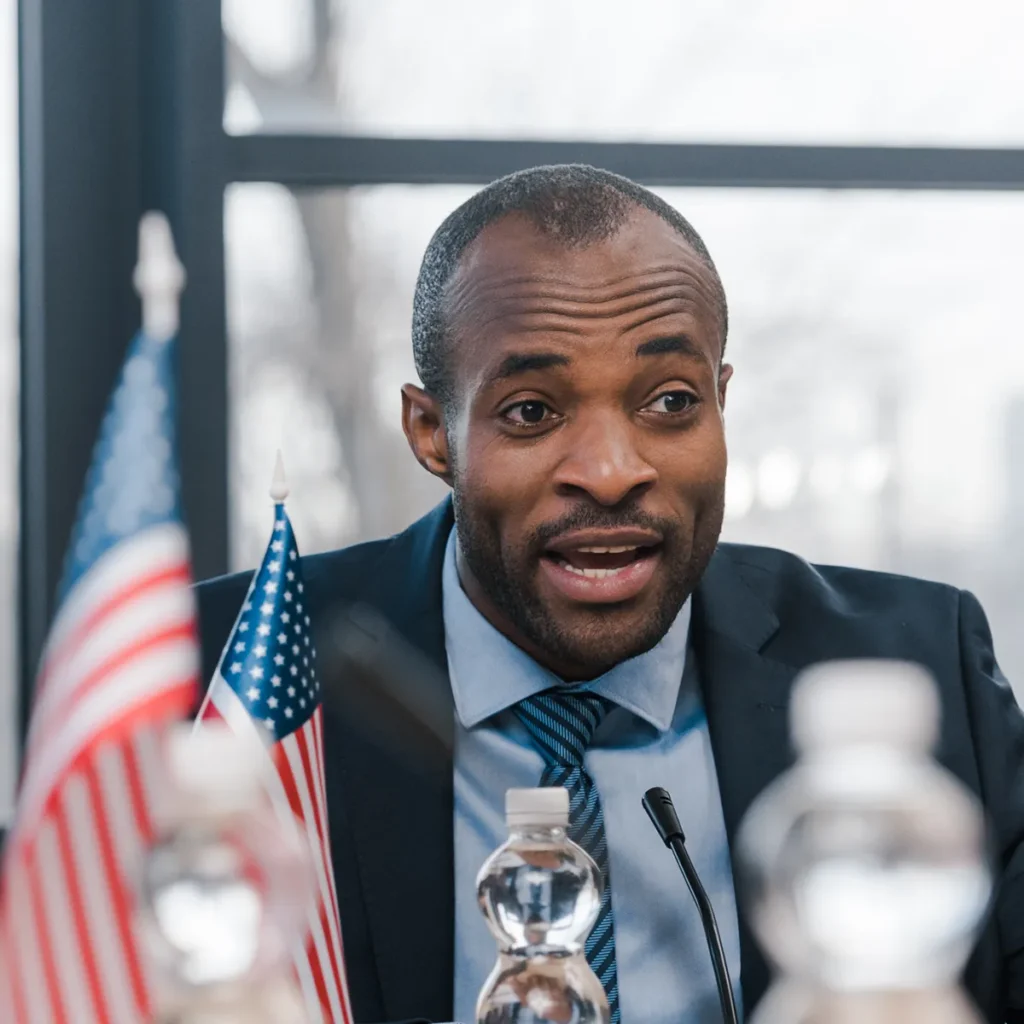
Why Racial and Cultural Gaps Exist in Mental Health Care
For many Black, Latino, Indigenous, and Asian American individuals, mental health services are either inaccessible, unaffordable, or culturally misaligned with their needs.
FamilyCare Health offers a wealth of resources for anyone interested in healthcare policy, from legislators and healthcare professionals to community leaders and advocates. Our goal is to provide clear, comprehensive, and up-to-date information on the healthcare issues impacting Oregonians today. Explore the resources below to stay informed and engaged in healthcare reform.
Our resources are constantly updated to reflect the evolving healthcare landscape in Oregon. Stay informed and empowered by accessing the tools and information you need to advocate for meaningful healthcare changes.

For many Black, Latino, Indigenous, and Asian American individuals, mental health services are either inaccessible, unaffordable, or culturally misaligned with their needs.

From disparities in healthcare access and provider availability to differences in education, income, and environmental exposure, systemic inequality determines who gets to live a long, healthy life and who faces chronic disease, mental health struggles, and early mortality.

Healthcare access is a question of policy-driven inequality. Who receives care and what services are covered are all determined by legislative choices that affect marginalized communities.

Latino Network’s culturally specific programs not only support Latine youth and families, they build systems of strength, stability, and opportunity that reverberate across generations.

By signing up for our news, policy, and advocacy newsletter.